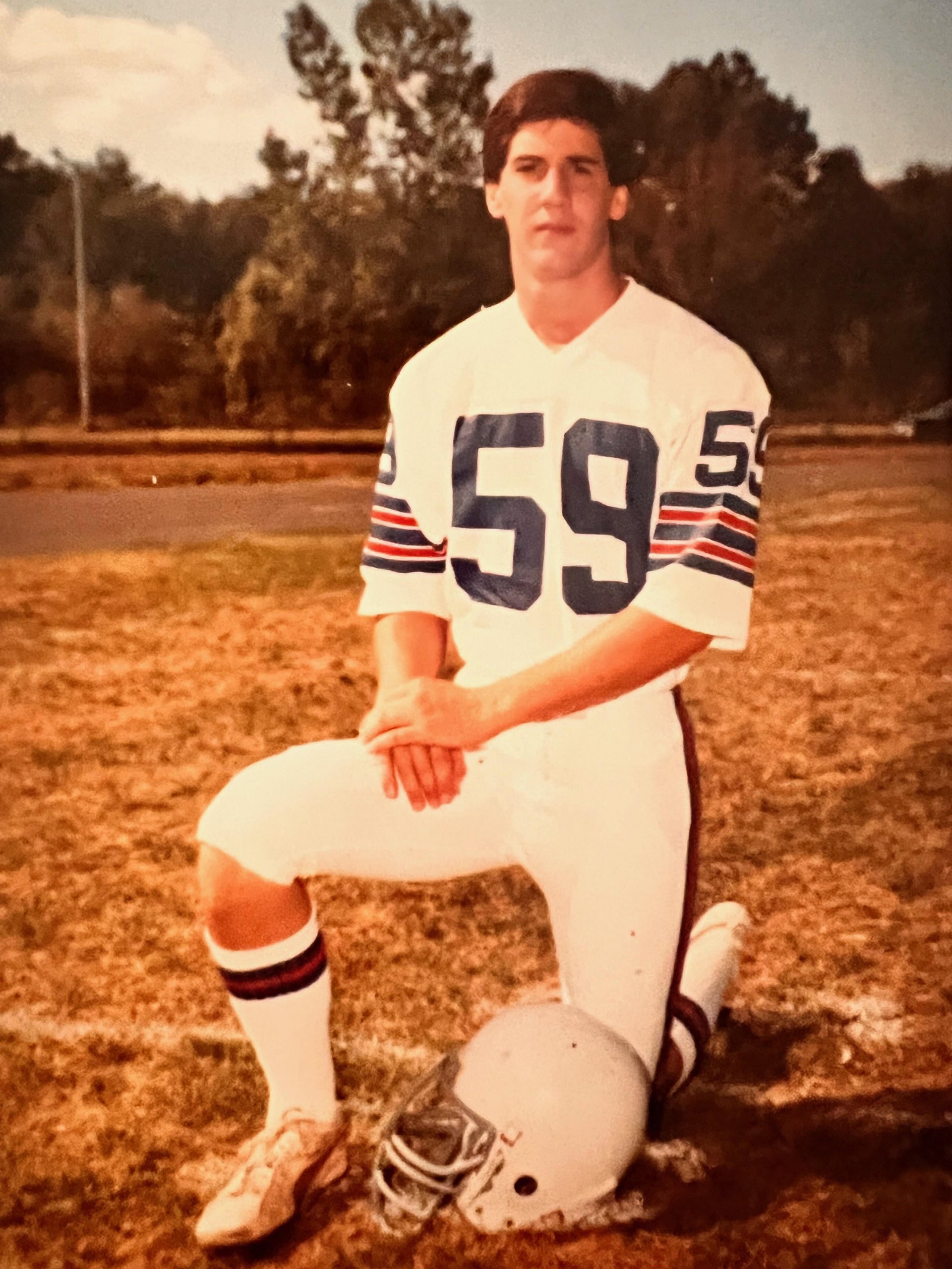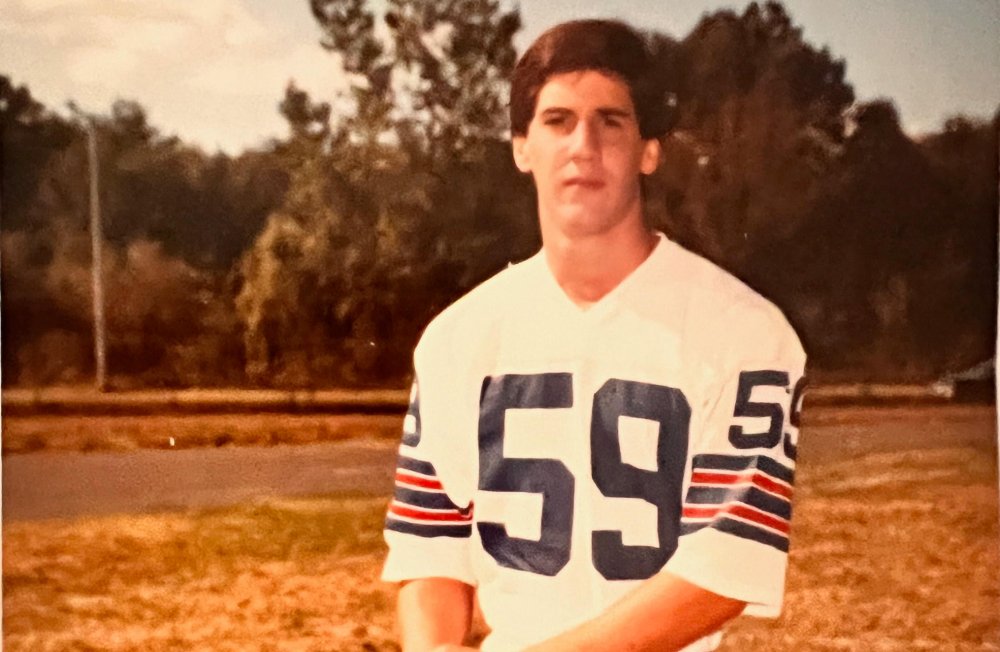Coach 'em hard, Love 'em harder: Building a Team of Project Managers
July 25th, 2023

CSG President Jim Giuliano, 1984
An avid football fan, CSG President Jim Giuliano sees parallels between his role as the leader of CSG and that of a football coach / general manager. Building out a team is part of what Jim does – he sees his role as finding the right people and putting them in positions to succeed – and when looking for new project managers, Jim is thinking about a few different things: What is their potential? How do they fit in CSG’s culture? Are they confident in their abilities? What is his role in helping develop this individual professionally?
Sometimes it boils down to the best way to motivate people — a balance between giving each individual the autonomy to work freely and independently, chartering the course the best way they know how, and guiding them through honest conversations about his own experience.
“If you come to work here and I’m telling you what to do then you aren’t learning,” says Jim. “A lot of what I try to do is guide and ask questions, get them to lead their own way to the answer. I think that’s the best way to develop somebody. If you tell people what to do all the time they aren’t critically thinking through a problem. I’d rather they think then react. I want to help give them ah-ha moments where they realize something.”
The Tools
NFL Draft talk often centers on players that are considered “tools-y” — a combination of physical and mental attributes that haven’t quite come together, but through a bit of nurturing and coaching, you’ll soon have a star on your hands.
The role of a project manager isn’t much different than that of a coach either. A project manager organizes, plans, and executes projects while working within budget and schedule restraints and while leading an entire team. Their role is to define goals and communicate those goals, seeing a project through to its closure.
Jim has developed a knack for spotting the potential in people and the traits that make a good project manager. Jim looks for people that are a little bit outgoing, knowing that the role of a project manager at an owner’s representation firm is sometimes more about managing people and expectations as well as managing project controls like budget and schedule.
“You have to have that technical knowledge,” says Jim. “But a lot of what we do on a daily basis is getting people to work together towards a common goal. How well do they manage teams? Do they thrive in a meeting? How about a tense meeting? Will they be able to take the bull by the horns and say ‘Hey, this is the resolution that we have to come to. How can we get there?’”
He believes that putting individuals in a position where they can succeed is the best way for them to develop personally and professionally — even if some of the traditional traits he’s looking for aren’t readily apparent.
“Sometimes you take a chance on somebody. Could be that they aren’t sure they can do it but you see something and you have faith that they can. I took that chance on a new hire where she was told by her ‘former team’ year after year, that she wasn’t ready to be a ‘starter.’ During the interview I felt she was a little timid but she had a confidence in herself that convinced me that she believed she was ready. She ‘signed’ with our team and after one month of employment we had someone relocate and she had to become a ‘starter.’ She stepped on the field and continues to perform better than I could have imagined. More importantly, the owner is more than thrilled that she is involved in the project and that is the most important aspect of the project manager’s role — client satisfaction.”
To help new project managers succeed, Jim and his team create an environment where individuals can come to him to have open and honest conversations about their work to help them be prepared when they enter new situations.
“I want to make sure everyone is learning and developing professionally and personally. I think that leads to a better work environment. I want to make sure they are happy in what they do. What we do is tough. It isn’t easy. The more I can help my players be prepared the better they are, the better the team performs.”
The Philosophy
Never afraid to share his experience, Jim believes it is important that he share insights from his career with project managers — what he’s accomplished, what he’s failed at doing — and helping them learn from those successes and failures and applying that to their own work. One thing Jim wants new project managers to know is that at some point they are going to make a mistake, and he leans on an old football adage to help shape his overall philosophy.
“They tell quarterbacks that you have to have a short memory. If you throw an interception, you still have to go out there and start throwing again,” says Jim. “That’s what you have to do in business and that’s what you have to do in life. That’s what I try to tell everybody here — everyone makes mistakes. I make them every day. It’s how you handle those mistakes. You have to own them and learn from them. Experience is learning from your mistakes.”
In the end, nothing makes Jim happier than seeing one of his project managers get excited about something positive they did on a project.
“Seeing them excited about their accomplishments, and seeing them develop as professionals, is really important to me.”



